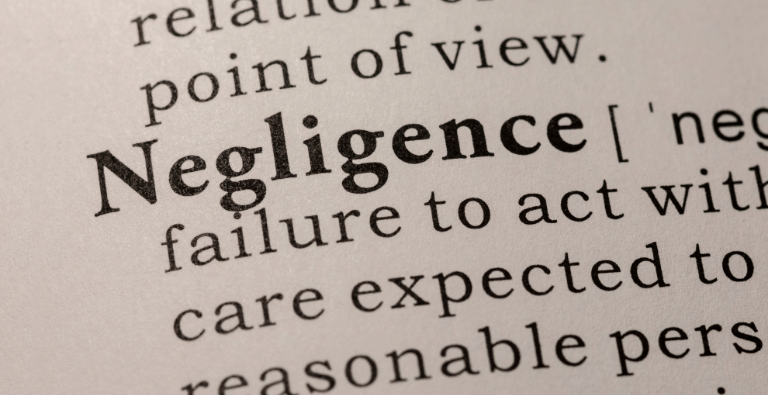Victims of Negligence

When we are on vacation we place our trust in the owners of tourist and recreational businesses such as hotels, casinos and amusement parks. In our daily routine, it is even more common for us to feel calm in private facilities such as movie theaters, gas stations, parking lots, banks, temples, restaurants, and even in office buildings.
Being a victim of crime can make you feel vulnerable and scared.It may take time to heal, which can be difficult with medical bills piling up and aggravating discomfort, leading to anxiety and worry. Many people even continue to work non-stop, for fear of losing their job as a result of the health problems that an assault generates, either due to physical injuries or the consequences it can have for their mental health. It is common to point out the offender as the person responsible for all this and for this they receive a sentence according to the damage caused. On the contrary, many property owners are under the impression that they have no responsibility to protect their clients from crime.
That’s not true. Property owners are required to take certain precautions when it comes to preventing and deterring criminal activity on their properties. If a crime has been committed in the past, or if there is a type of business that predisposes you to criminal activity, then owners must take reasonable security measures with the goal of preventing crimes from happening again in the future.
What is negligence in security?
Criminals are liable under the law for their crimes. On the other hand, when a crime can be prevented there is a case of negligence in security. If you are the victim of a negligent security crime, the owner of the business where the crime occurred may be held liable. A claim for negligence can arise in different types of scenarios. For example, under premises liability rules, the owner owes the guest or customer of his property a duty to maintain reasonably safe conditions.
The best way for businesses to protect customers from foreseeable crime is to take reasonable precautions. Attackers often take advantage of a lack of lighting, insufficient or poorly trained security guards, locks or cameras and can enter any area undetected because they know there will be less risk when investigating what happened once inside the building itself
Common cases of security negligence
Crime victims often think that the culprit of their suffering is the criminal. However, when there are deficiencies in the security systems of a premises, it is evident that the risk could have been controlled. For this reason, it is possible to sue business owners for failure to fulfill their responsibility to protect their clients or guests
Some common cases of security negligence are:- Improper operation of the locks.
- Poor lighting in parking lots, stairs, elevators, and other dangerous areas.
- Inadequate supervision.
- Failure to notify visitors of criminal activities previously in a certain area of the premises.
- Failure to handle the response to crime.
- No adjustments or improvements are made to the security systems after a crime, in order to prevent it
- Sparse security guards
- Insufficient security camera coverage
Crime Victim: How Do You Know If You Can File A Lawsuit?
A crime victim should always be able to file a lawsuit, but does it make sense? The question may arise in your head as to whether or not you can take legal action.
A crime victim should always be able to file a lawsuit, but does it make sense? The question may arise in your head as to whether or not you can take legal action.
When it comes to owners and their obligations, the law is clear. Property owners are required to take certain precautions when it comes to preventing and deterring criminal activity on their property. This includes using common sense measures, such as keeping bushes trimmed so that they do not provide cover for criminals who may be lurking until adequate lighting is maintained in risky areas of the property.
If you would like more information on this topic or if you have been injured by someone else’s negligence, please contact our office today.
We will be happy to answer your questions and help you decide the best action to take.
